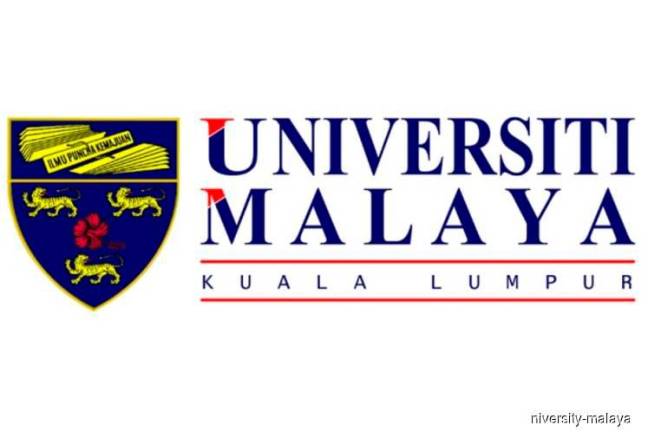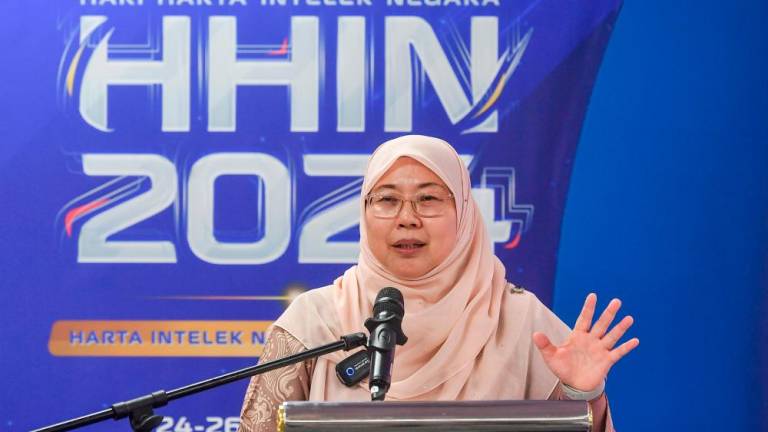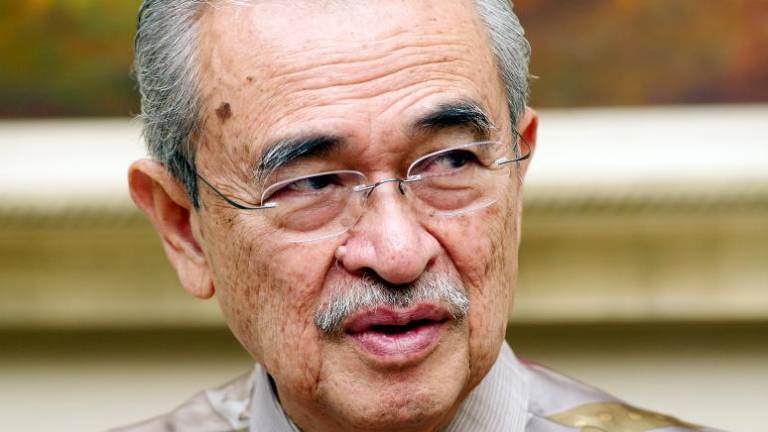PETALING JAYA: National oil and gas company Petroliam Nasional Bhd (Petronas) reported lower earnings for the fourth quarter ended Dec 31, 2019 (Q4’19) of RM4.1 billion, a 71% drop from RM14.3 billion in Q4’18, due primarily to an impairment of assets and lower revenue.
During the group’s financial performance briefing yesterday, Petronas president and group CEO Tan Sri Zulkiflee Wan Ariffin said excluding the impairment charges, the group’s net profit stood at RM9.2 billion, a 14% reduction from Q4’18.
Revenue for the quarter was RM64 billion, 8% lower than RM69.9 billion at the same time last year on lower average realised prices for major products.
For the full year, its net profit was RM40.5 billion, 27% lower than the RM55.3 billion in the previous year, mainly due to lower revenue as well as net impairment on assets amounting to RM7.3 billion.
Revenue dipped 4% to RM240.3 billion from RM251 billion previously, also on lower average realised prices.
On dividend, Wan Zulkiflee said this year the group is planning to pay out RM24 billion, with no special dividend planned.
“Our dividend payout is based on our preceding year’s results, but 2019 was a unique year since our payout of RM54 billion to the government last year was split between a normal dividend of RM24 billion and a special dividend of RM30 billion,” he said.
Petronas’ cash flow from operations rose 5% to RM90.8 billion, while free cash flow jumped 9% to RM43 billion – which will help buffer Petronas’ growth strategy.
Capital investments for the year recorded a 2% increase to RM47.8 billion, mainly on the group’s upstream, gas and new energy and downstream projects.
For 2020, the group is maintaining its RM50 billion expenditure target, but foresees a 10% increase in capex for Malaysia to RM26 billion-RM28 billion.
Wan Zulkiflee said 2019 had been a tough year, as the industry was continuously marred by consistent and prolonged volatility.
“There was continued pressure on commodity prices and margins with crude oil prices dropping to US$64 per barrel in 2019, compared to US$71 per barrel in 2018. Natural gas prices were US$350 mmbtu, the lowest seen in a decade,” he said.
Wan Zulkiflee said the outlook for the oil and gas industry remains bearish due to ongoing geopolitical uncertainties, prolonged trade tensions and near-term demand disruptions caused by Covid-19.
“We do expect our financial performance this year to be affected by these factors, but notwithstanding these challenges, Petronas will continue to deliver operational excellence and growth strategies,” he said.
Wan Zulkiflee stressed that it will be business as usual for Petronas even in the face of the current political uncertainty and the Covid-19 outbreak.
On how the Covid-19 outbreak is expected to affect the group’s performance, he noted that industries along the whole supply chain had been caught off guard, but he believes Petronas will be able to weather the storm.
“In general, the demand has really softened because of lower demand from China. [Demand for] liquefied natural gas (LNG) and PetChem (to a certain extent) has been affected but I would like to point out that only 6% of our total revenue comes from Chinese customers.
“Yes, the weaker demand is something that we have to address, but this is not the first time the oil and gas industry has gone through this kind of price volatility, so it’s important for us to be a resilient kind of organisation and have a resilient business model that can go through this kind of price volatility,” he said.
On concerns about a potential output reduction by the Organisation of the Petroleum Exporting Countries and its allies at its meeting next month, Wan Zulkiflee said Malaysia will stick to the 15,000 barrels per day pledge as previously agreed.










